All our services are fee-based, and we do not offer free proposals. A token amount is required to initiate. We are open to discussing our rates and availability to find the best solution.
Get your design ready in 24 hours.
Our prices starts from 3999/.
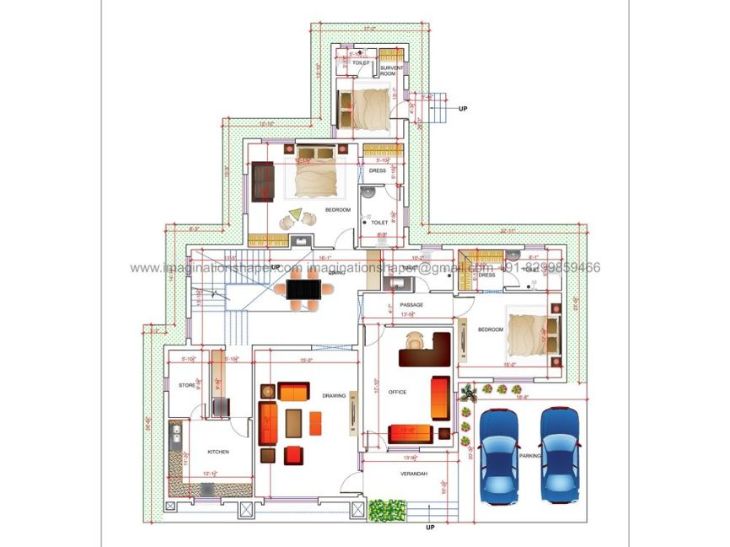
Get best customized house plan designed by experienced architects and designers.
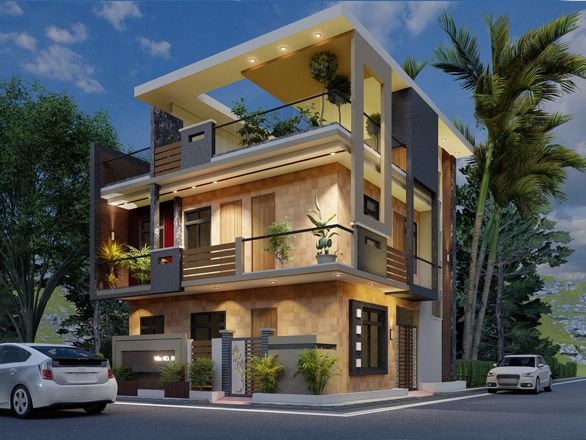
Are looking for the elevation design services, Imagination would be the perfect option.
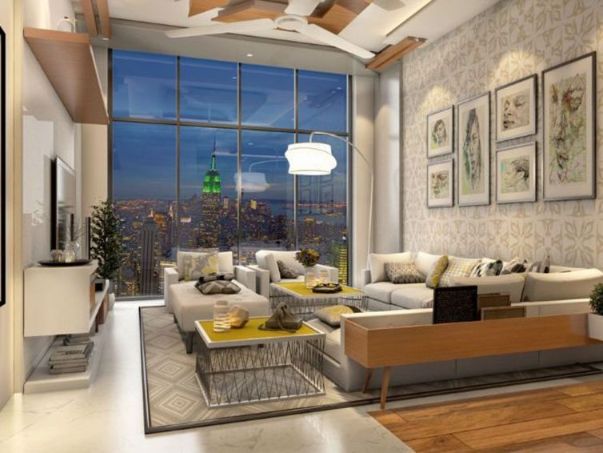
Home interior design to enhance the interior of the project services at an affordable price.
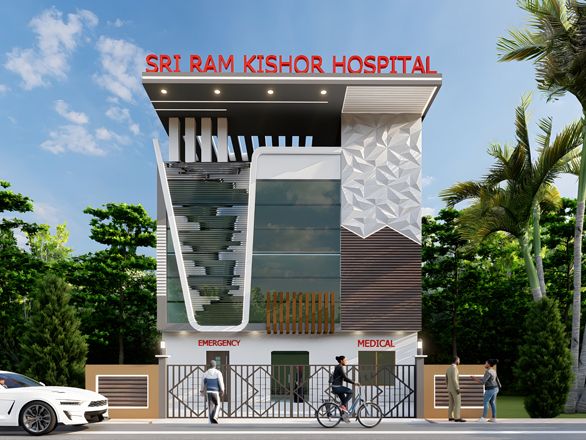
Design your health care project as per guidelines, the user and patient-centric also.

We incorporate sustainability strategies, creative space planning and best technology.
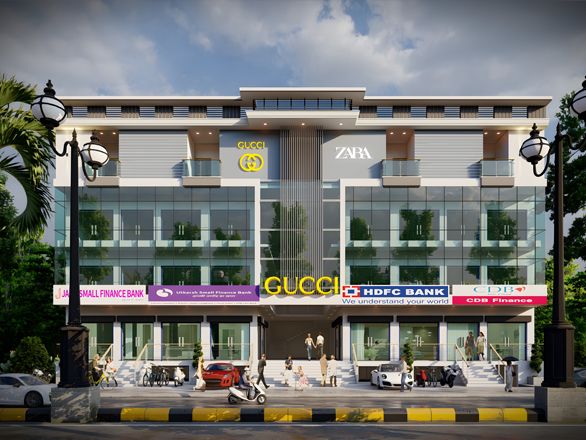
We are focused on combining function with style to meet the need of businesses.
Planning and designing a home is a complex and multi-stage process that requires careful consideration and consideration of many factors. Each element, from the overall style to the layout details, affects the comfort and functionality of your future home. In this article, you can see a detailed look at how to choose the optimal designing houses of a home, based on the advice of experienced home designer.
Choosing the design and layout of a house is one of the key stages of construction, which determines not only the appearance, but also the convenience of living. The process includes many aspects: site analysis, taking into account the needs of the family, choosing a style, planning the premises and much more. A competent approach to each of these elements will help create a home that will please you for many years.
The choice of a design specialist largely depends on the budget and proper search term like home designers near me. The services of a bureau will in any case cost more than individual decorators working for themselves. But at the same time, if you are planning to decorate a newly built house or redevelop it, it is better to contact those who will offer a range of measures. In a company, designers, engineers and home designers work together, and this is almost always a guarantee of greater efficiency.
For interior design as part of a cosmetic renovation, it is quite possible to get by with the services of a single master. Each specialist determines the cost of services differently. Someone sets a certain price for a consultation, others lead the client from the project to its full implementation and control over the team. Accordingly, the price will depend on the amount of work of the home designer architectural, so when choosing, it is worth monitoring the average prices in your city.
Decorators, searched with designing of house option, name average market benchmarks of 5-10% of the total renovation budget. However, volatility in pricing is quite possible; the growth in the cost of services is often influenced by the status of housing or commercial property, its dimensions and house design features. It is easier for a decorator to work with a large studio apartment than with a two-story apartment. Accordingly, the price per m² in each case will differ significantly.
When choosing a design for home, the first thing you need to do is check what they specialize in. House design is a broad field in which individual specialists focus on different types of buildings. How to choose a home design new who will design a single-family home? When looking for the right design office, you need to pay attention to whether their projects meet the tastes of investors. Regardless of whether they prefer modern house designs or those characterized by a classic shape, they should familiarize themselves with the specialist's portfolio.
Price and deadline should not play a major role when choosing ahouse designer. Preparing ahouse design concept, developing a project and preparing documentation, as well as coordinating and obtaining necessary agreements can sometimes take more time than investors expected. How to choose a design a house to be satisfied with the project? It is not worth saving on these services. Considering the total costs of building a house, it is not a big expense. By choosing a competent specialist, you can save on expensive changes or the need for reconstruction if the project turns out to be carried out in a manner inconsistent with the building regulations.
When looking for the right specialist to implement a house project, it is worth finding out how the previous projects of the design office were carried out. Opinions on this subject can be easily obtained from previous clients. If they are respected and the advice they provide has turned out to be spot on, this is definitely a good sign for future investors.
If you are looking for an house designer who will help you get through the formalities related to construction in a pleasant atmosphere, as well as suggest the right solutions and advise on the choice of a project or implement it in such a way that it meets all your expectations, check out the team of design for home who design home and office!
The large number of ready-made house designs makes it difficult for you to decide which design will be best for you. In addition, without experience in design, you can ignore many important factors that can turn out to be very expensive at a later stage of construction. Using the help of an experienced house designer, found with house designers near meoption, you can count on a number of practical tips that will satisfy youin terms of functionality and aesthetics, and will also allow youto stay within the established budget.
It is much easier to trust design a house who have numerous projects under their belt and are trusted by previous Clients than house designers without experience. Home designer design a house may have very interesting ideas for original house designs, unfortunately a lack of experience in design may result in problems at the construction stage.
Each area is characterized by a certain specificity and numerous conditions in the field of building a house. Depending on the terrain, climatic conditions and traditions, individual regions are distinguished by a specific type of development.
The specifics of building a house in a mountainous area are different, and the approach to building a house in mining areas is different. When deciding to build a house in mining areas, it is worth ordering an individual project from an experienced design a house office. The house designer should design a house with a compact shape and regular structure. Building a house in an area with mining damage requires appropriate stiffening of the walls and foundations. If your house is to be built in mining areas, it is worth using the offer of a design office that knows the specifics of house design.
A properly designed house should be a combination of interesting design and perfect functionality. An experienced home design new will easily advise youon solutions that will not only translate into an attractive appearance of the house, but also into low maintenance and heating costs. Search with home design new option to choose the finest one for you.

